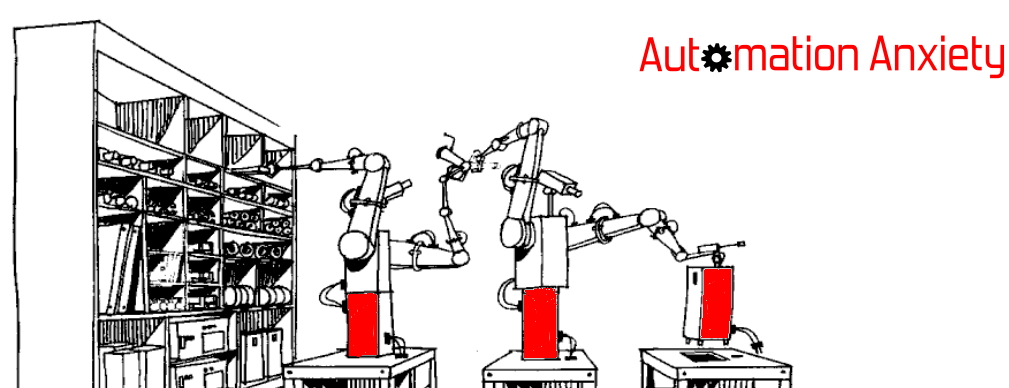Technoscientific screen narratives about security and insecurity are highly informational. Viewers of, for example, the Bourne films or of the TV series CSI spend much of their time watching, and enjoying, the processing of reams of data on screens within the narrative. The weirdly prominent soundscapes of these inner screens are revealing of popular fantasies about the power of computing to detect and combat crime and ‘terrorism’. As a methodological approach, listening to the sounds of the war machine helps us discern an important function of computational affect, which is to disavow the many deficiencies of a data-centred approach to security and insecurity.
Cormac Deane’s publications have appeared in Culture Machine, The Journal of Sonic Studies, New Review of Film and Television Studies, and Science, Technology and Human Values, among others. In 2016, Columbia University Press published his translation from French of Impersonal Enunciation, the final work of the seminal film theorist, Christian Metz. Cormac also worked as a news journalist in a Berlin television station for five years. Later, he was the archivist for the publishing/theatrical venture Field Day, of which he is a board director. A lecturer in media at the Institute of Art, Design and Technology in Dublin, he is currently preparing a book-length media archaeology of the control room.

